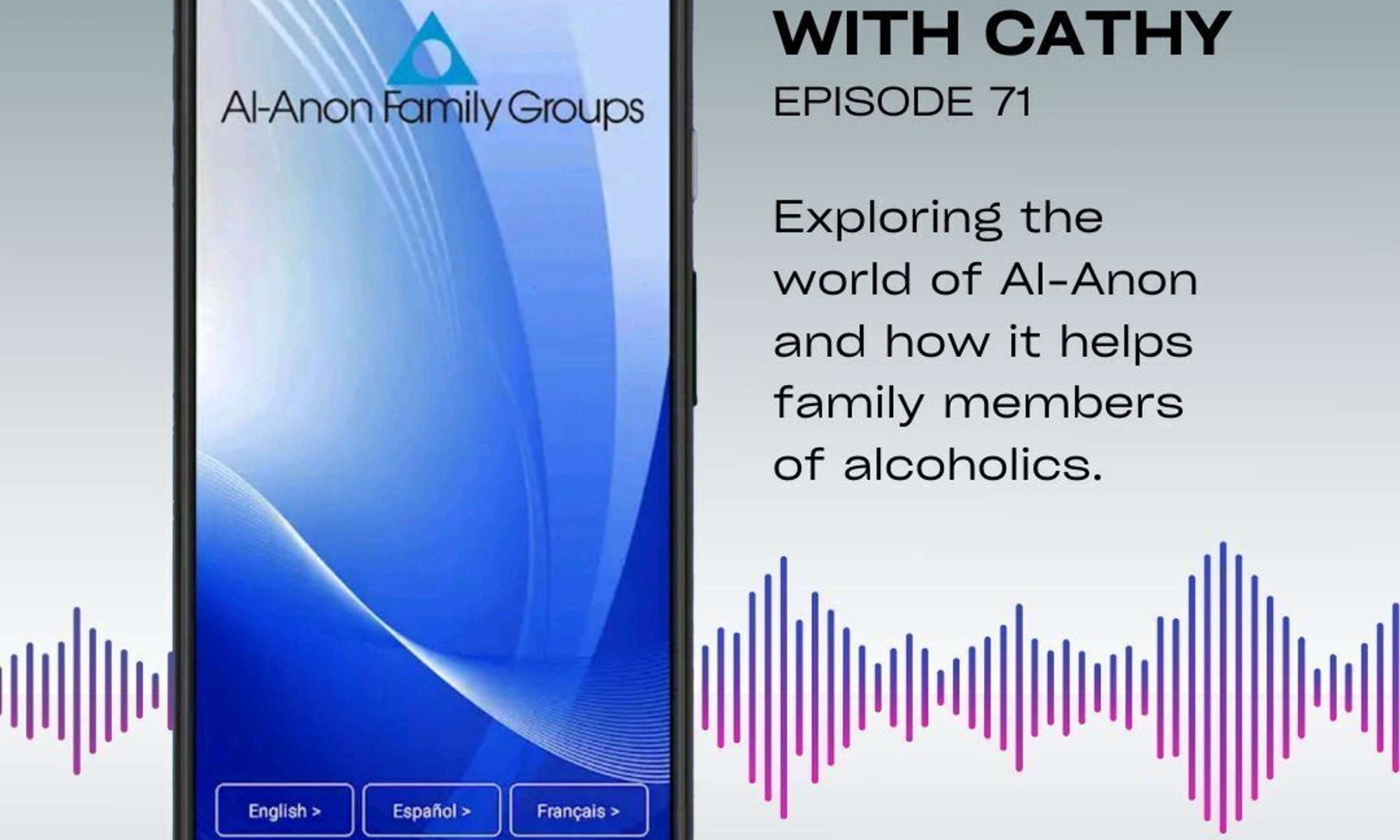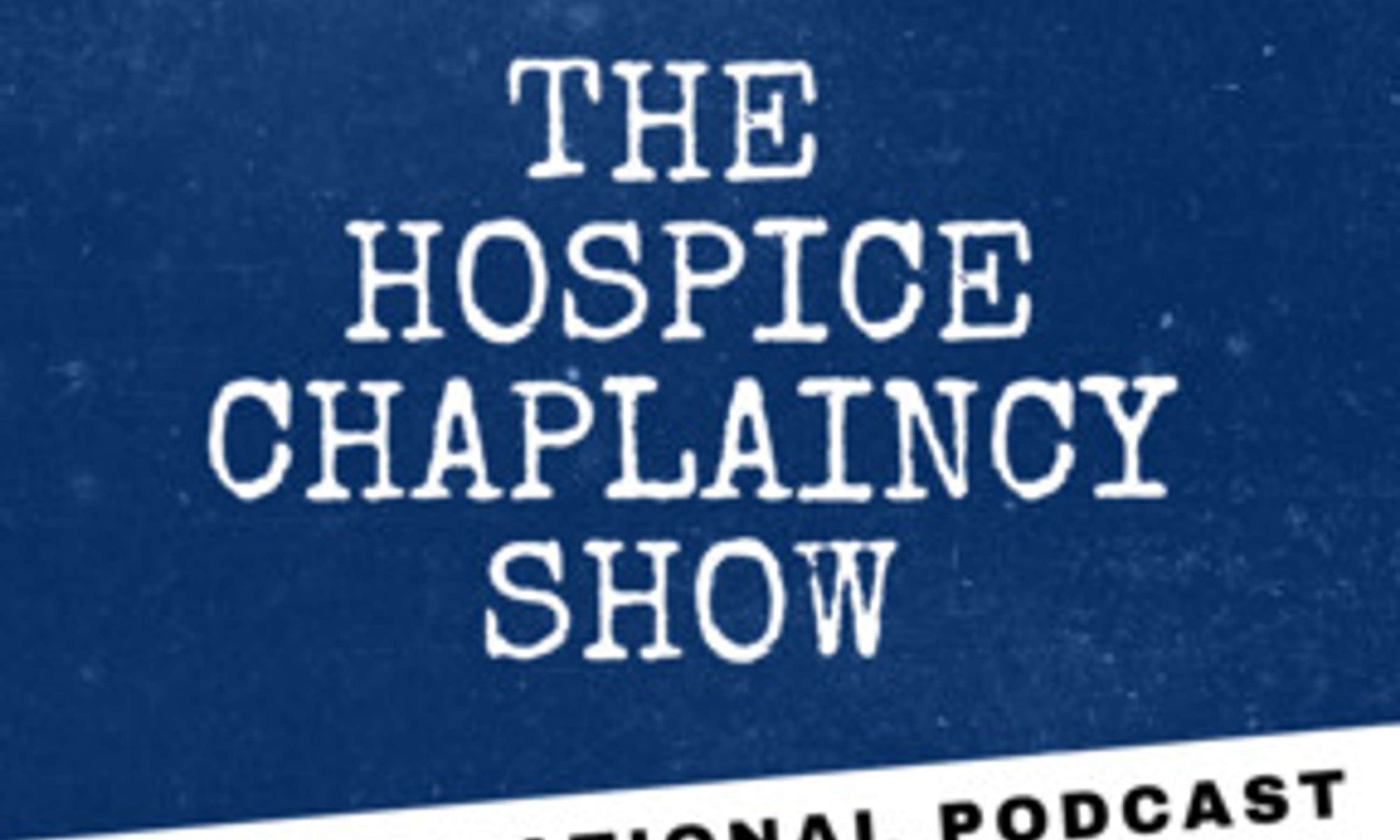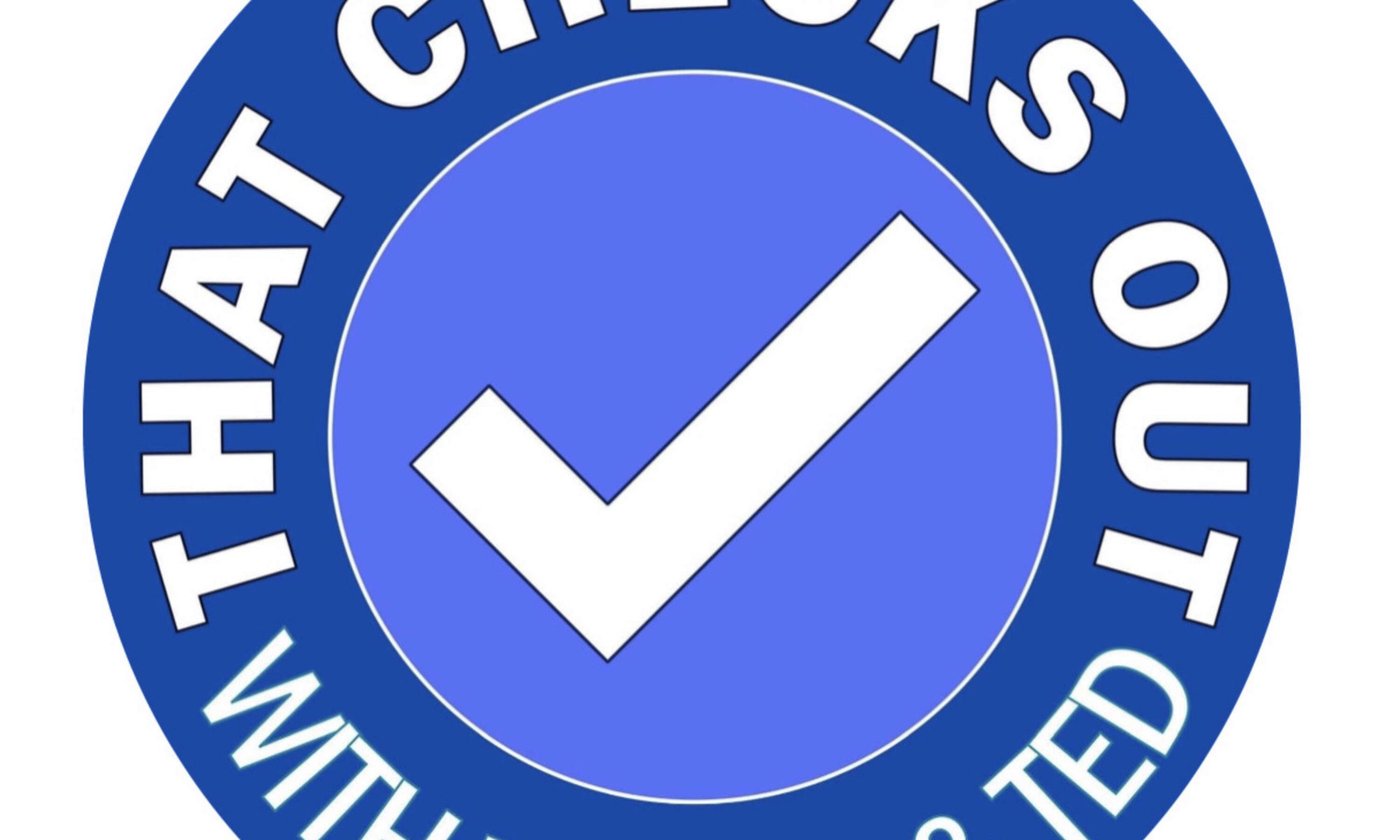In this episode, we talk with Cathy about her experience with Al-Anon throughout her life as a child of alcoholics and later as a mother whose child struggled with addiction.
Al-Anon’s purpose is to help families and friends of alcoholics recover from the effects of living with them.
Think this means you’ll go and learn how to do an intervention, learn how to fix help an alcoholic? NO. You are powerless over them.
Instead, you’ll work on how you are reacting by learning tools on how to handle and manage the alcoholic around you. One example: boundaries. You can love them, you can have compassion, but then you have boundaries like no alcohol in the house.
At Al-Anon you’ll work the 12 steps for yourself – learning love and compassion, and understanding. Relationships start to get better, and when one person gets better, the family gets better.
For more about Al-Anon:
Visit Al-Anon website: https://al-anon.org/
Mokina Fellowship website: https://aamokenafellowship.org/
For immediate information, call: 1-888-4AL-ANON (1-888-425-2666)
For more about this podcast:
Visit Sober.Coffee website: https://www.sober.coffee/
Recorded at Audiohive Podcasting: https://www.audiohivepodcasting.com/
In collaboration with Care Addiction Center: https://www.careaddiction.com/




